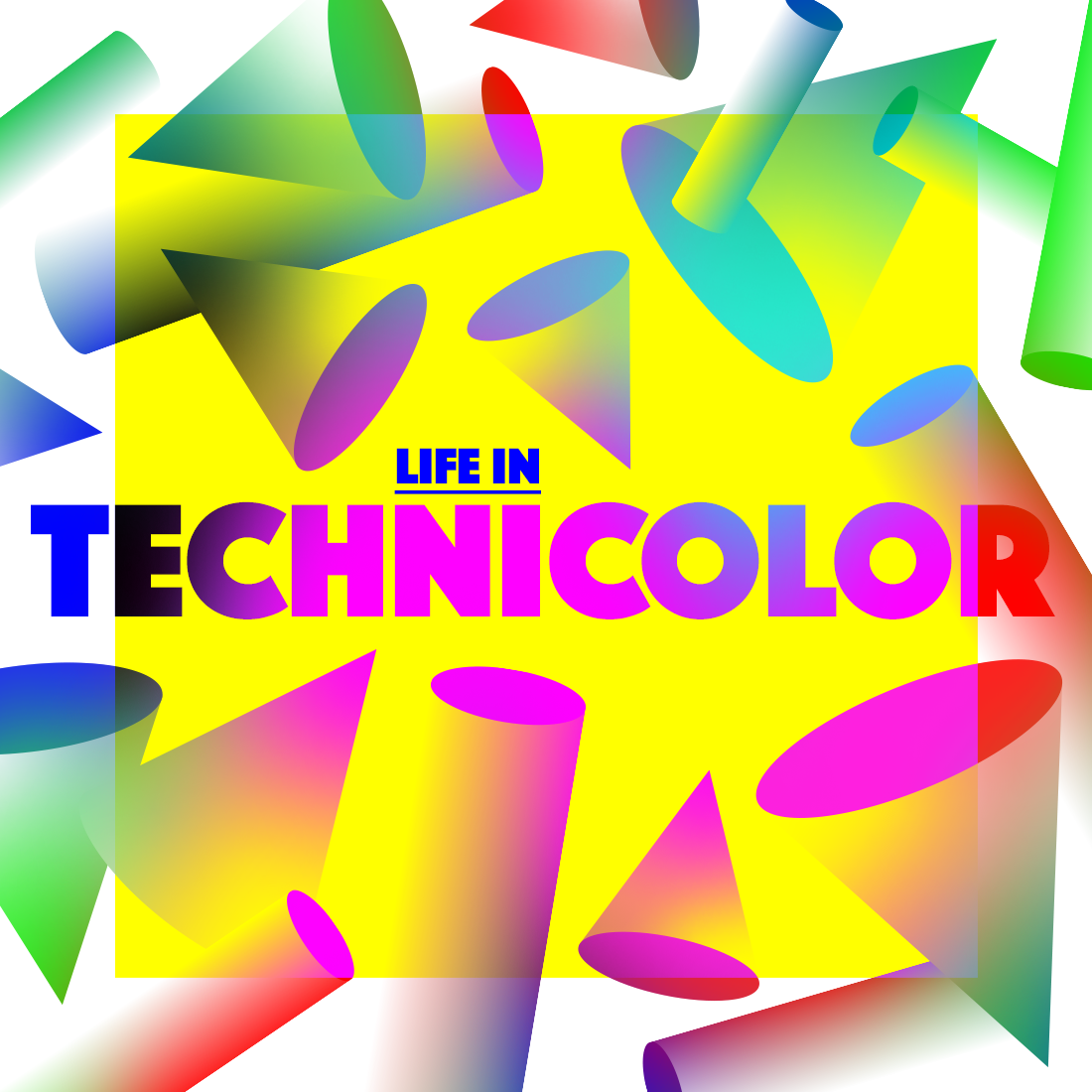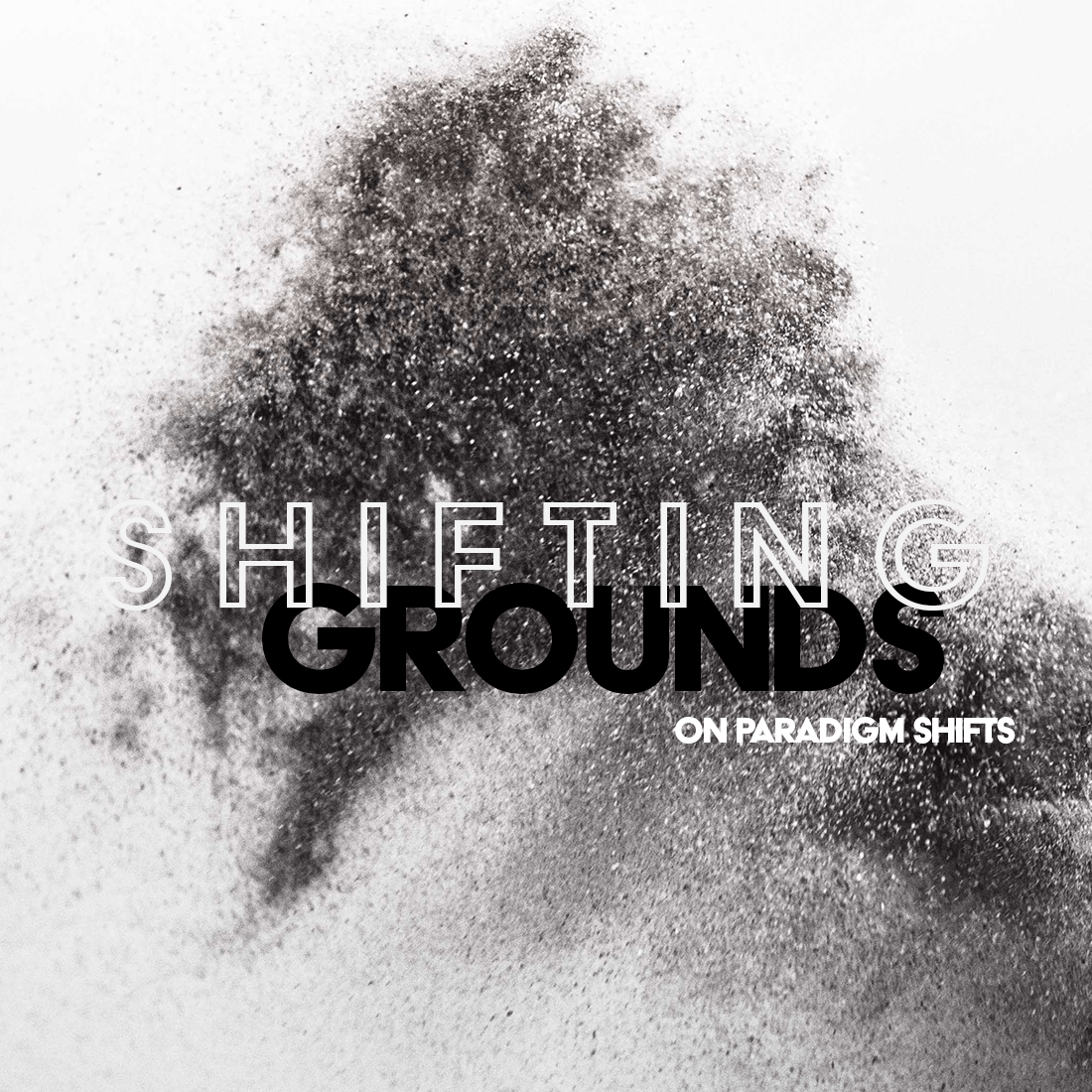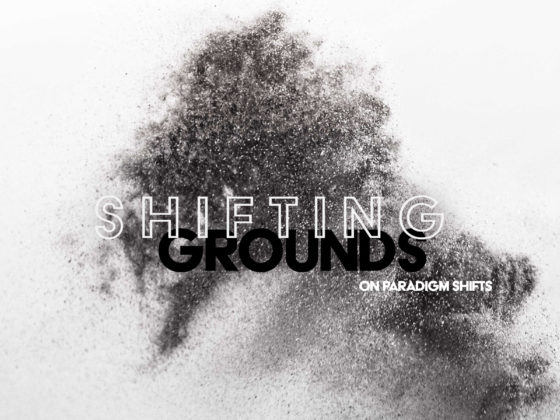ZACH BUSCH
When I was in middle school, it seemed like everyone was on Adderall. It was what the “hyper” kids took, and that was a lot of kids. It was a lot of my friends, too. In my brief stint at a high-performing public school in Montgomery County, Maryland, every child was under intense pressure to succeed, and being a difficult child was not an option that high-strung successful parents could accept. Adderall was how adults enforced order on us.
Your Brain On Adderall – The Study Drug | Source: © AsapSCIENCE/YouTube
I have struggled with attention-deficit/hyperactivity disorder (ADHD) throughout my life, though I didn’t know it until college. Because I didn’t fit a certain mold of what the disorder — if it should be called that — looked like, my condition was invisible. Now, as an adult, I have been diagnosed, but that diagnosis didn’t come easily. I faced an uphill battle to be taken seriously, and felt I was expected to play a part in order to receive standard medication. Speaking to people around me with ADHD, especially those diagnosed after childhood, I’m discovering that this is the norm, not the exception.
I may not have fit the traditional ADHD mold, but that didn’t make it less real to me. To the untrained external eye, I was well-behaved, quiet in class, and respectful. My lack of focus, therefore, was presumed to be my fault. I was a smart kid, so my inattentiveness was me “coasting” on my intelligence. It didn’t matter that I was practically incapable of doing homework without intense time and/or grade pressure; my failings were my own and it was because I was lazy, maybe even cocky.
By the time I got to high school, I had adapted to the school system that didn’t quite fit me; I’d become a master procrastinator, and I excelled at knowing exactly how much homework I could get away with doing at the last minute without my grades suffering too much. I started to take a kind of twisted pride in being smart enough to pull this off while still by-and-large succeeding. But deep down I felt a helpless state of internal disorder. I was not in control of my habits, and I lacked the ability to change them. In college, this only became more pronounced. In the competitive, high-stress environment of a top university, I felt my control slipping; I couldn’t fake it anymore.
Attention deficit hyperactivity disorder (ADHD/ADD) – causes, symptoms & pathology | Source: © Osmosis/YouTube
The revelation that I might have ADHD was shocking and wonderful. So many things about me came into sudden clarity. Perhaps my apparent laziness wasn’t my fault; perhaps there was a reason that people saw me as not caring when I knew I was trying my best. Excited for a new chapter, I went to see a psychiatrist for the first time in my life.
Alas, the meeting didn’t go as planned. My academic success was held against me (how could someone who got into Georgetown “need” treatment to help them work?). The psychiatrist had me do a computerized test (one which would later be described to me as archaic) and undergo a drug test for something he hadn’t even prescribed me yet. But it turned out there was no need; he informed me over email that I did not, in fact, have ADHD. When I tried to appeal and ask for another screening, I was left on read.
I may not have fit the traditional ADHD mold, but that didn’t make it less real to me.
In middle school, when it was parents and teachers who sent us to seek psychiatric treatments, we saw Adderall as a “med” in the negative sense, a means of control to make people “normal.” In college, we started to see a new side of Adderall, the side that I suspect many people see first: Adderall the Drug.
(Note: for the rest of the piece, I will use Adderall as a catch-all for all standard stimulant medications used to treat ADHD)
On college campuses, Adderall is a strange commodity. It is simultaneously a tool for powering through finals and a means to keep the party going. It is often sold not by a dealer, but by someone with a prescription who has a couple to spare. Moreover, it’s a drug with street value; a 30-day supply might cost $15, $30, $40 with insurance, but you could charge $10 a pill to your friends — quite a markup. The black market in stimulants on campus is quiet but not hard to find. This is the side of the medication that many people see. Like Xanax, Adderall is often viewed differently because of its street value, as if that negates its medical validity.
‘Academic Doping’ On The Rise: Number Of Students Abusing ADHD Drugs Increasing – TODAY | Source: © TODAY/YouTube
Adderall the Medication is just as valid. What people don’t realize is that legal Adderall use is quiet. The majority of students taking stimulants do so legally and responsibly, but those aren’t the students you hear about. Contrary to popular belief, even the majority of students who do sell their medication illegally are still prescribed the drug for legitimate reasons. Now, it’s stigmatizing enough that Adderall is seen as a drug and not a medication, when the psychiatric community widely understands stimulants as the best available treatment for ADHD. It’s quite another thing when your psychiatrists suspect you are a drug seeker before fully talking to you as a patient. Having that first psychiatrist drug test me before even diagnosing me made me feel like a delinquent for even asking about my mental health.
Moreover, our culture seems to view ADHD and Adderall as interchangeable, a package deal. Even after receiving my first diagnosis, I encountered opposition. One psychiatrist wouldn’t even talk to me about ADHD; he would always push the conversation indefinitely to the next visit. Every time I mentioned ADHD, his face would fall. I hadn’t even mentioned Adderall, but it was an unspoken understanding that if he diagnosed me, he would have to prescribe me the usual medication — something he didn’t want to do. Later, he brought up an alternative ADHD medication I had never heard of and suggested I could try it… even though he had still administered no test to me for ADHD. This confirmed my suspicions: he was fine with the idea that I had ADHD, but wouldn’t have the conversation for fear that I would ask for Adderall.
Adderall is only seen as useful by society, it seems, when it is a means to control.
The other part of the equation is that the medical industry overprescribed Adderall for quite some time, especially to children. We know that ADHD has been overprescribed in children; according to some research, approximately 1.1 million children may have been misdiagnosed for “relative [im]maturity,” with over 800,000 being prescribed stimulants improperly. Moreover, we know that the ways ADHD presents in different people makes a difference in rates of diagnosis; males are three times more likely to be diagnosed than females across their lifetimes, although this is probably due to referral biases and differences in how males and females present. But this does not make ADHD any less real. If anything, it reveals holes in our collective understanding of ADHD, and should be a call for smarter diagnoses, rather than simply fewer diagnoses.
ADHD in Girls: How to Recognize the Symptoms | Source: How to ADHD/YouTube
Some doctors and insurance companies seem to have overcorrected to over-prescription, to the point that they are hesitant or afraid to give a prescription at all. The combination yields a toxic environment where people with ADHD have to perform in order to get standard medication.
Depending on how one’s symptoms present, we go into meetings with doctors anxious to raise a condition we know we have, for fear that we will be judged as drug seekers. We don’t receive the benefit of the doubt.
In spite of stigmas, in spite of their broad usefulness during finals season, stimulants do work as treatment for people with ADHD. A meta-study found that stimulants “seemed superior to behavioral therapy, cognitive training and non-stimulants,” though all of them were more “significantly more efficacious than placebo.” The study also found that the combination of stimulants and behavioral therapy is even more effective than stimulants alone.
The truth is that Adderall changed my life. While I hesitate to say that ADHD is a “mental illness,” it is certainly a condition that doesn’t quite align with the pace of our results-driven society, which means people with ADHD are at a disadvantage. For many of us, Adderall levels the playing field. Suddenly, I could finally, finally focus. I could stay on task and do my work on a timeline I chose; I was in control. Adderall didn’t give me discipline, but, together with therapy, it equipped me to learn discipline, so that I was finally able to pull myself out of the rut of endless, self-destructive procrastination. I was suddenly empowered to do so much that I had been blocked from. I fell back in love with learning. I started to like the field I went to college for again, now that I knew that it was not the thing that had betrayed me. This took a while to come to, because I was also dealing with depression and other things that prevented me from recognizing my resurgence.
Failing at Normal: An ADHD Success Story (Jessica McCabe | TEDxBratislava) | Source: © TEDx Talks/YouTube
Adderall is not the solution for everyone with ADHD, and many adults choose to handle their condition in other ways. Like most other psychiatric drugs, Adderall and other stimulant medications come with a long list of potential side effects that can be more pronounced in some people than in others. It’s up to the individual to decide whether the side effects outweigh the benefits. It’s also not a magical cure-all. In order to healthily deal with my ADHD, I have taken steps to improve my study and organizational habits and approach some things in life differently — but Adderall helped me to make those changes and approach my problems from a different angle.
But however you look at it, the question of whether stimulants are the right choice for a person with ADHD should be up to that person. For so long, I have been so enamored with my newfound abilities, so relieved to finally be treated and getting medication in a way that doesn’t make me feel dirty, that I have nearly forgotten my profound anger at having been denied it for so long. The stigmas don’t help, including those present in media; Vice, for example, should be ashamed for reposting the same garbage article over and over that compares Adderall to methamphetamine, a highly stigmatizing and unscientific clickbait claim that can be debunked as readily as claims that a glass of wine is like drinking rubbing alcohol or taking Percocet after a surgery is like injecting heroin.
Furthermore, ADHD diagnoses should not be tied to stimulant medications. Getting my diagnosis wasn’t only meaningful to me because it enabled me to get treatment. My diagnosis allowed me to understand myself better, to realize that some of my shortcomings and disadvantages aren’t actually my fault, and to begin to unpack some of the internalized guilt and feelings of insufficiency that come from two decades of an undiagnosed condition.
The combination [of doctors and insurance companies overcorrecting to overprescription] yields a toxic environment where people with ADHD have to perform in order to get standard medication.
Because medical companies have over-diagnosed ADHD and overprescribed Adderall to kids, some of them are afraid to prescribe now when they can find a way to avoid it. Let me rephrase: Because medical companies fucked up, they punish me and other people who need this medication to succeed and thrive in a results-driven society. I am not alone; when I bring up my experiences, other people who experience ADHD have shared their own stories of being denied, gaslit, and brushed aside by doctors who are meant to be helping us. I am able to be the most successful and authentic version of myself thanks to this medicine, yet it is treated like an illicit substance that I should feel guilty about having. Adderall is only seen as useful by society, it seems, when it is a means to control.
My prior doctors should be ashamed for their negligence. We put our trust in doctors to evaluate our problems and offer solutions, not to worm their way out of liability by any means necessary. Society needs to adapt and understand that regardless of past misgivings, ADHD is a real and valid issue that millions of people face, and that the medications that treat it are readily available if only we are allowed to have them.





